Member Societies of the WCFS
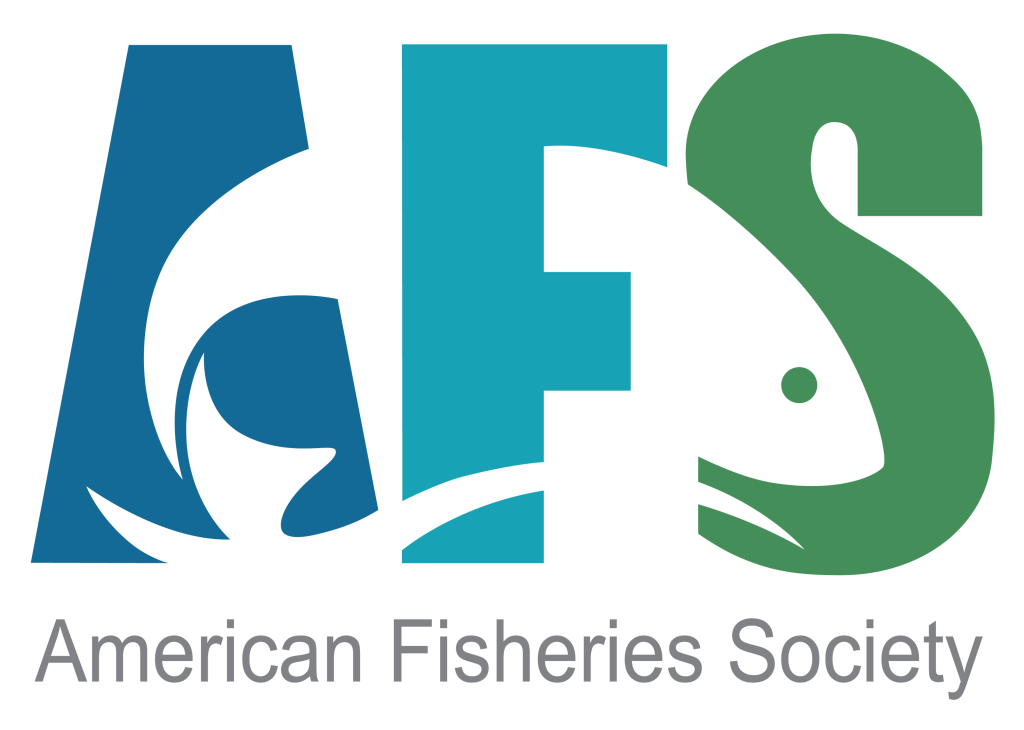
The American Fisheries Society (AFS) is the world’s oldest and largest organization dedicated to strengthening the fisheries profession, advancing fisheries science, and conserving fisheries resources.
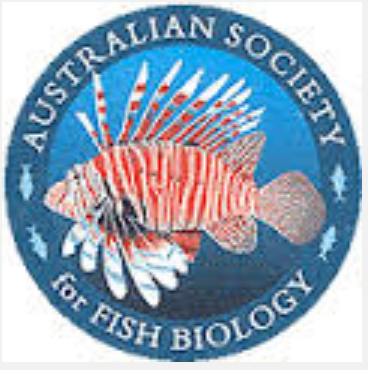
The Australian Society For Fish Biology was founded in 1971 with the intention of promoting fish studies and the interchange of information between fish biologists in a relaxed but effective manner. Annual Conferences have been held once every year since the Society’s inception. They are now the highlight of the Society’s calendar, providing a forum for members around Australia to meet and discuss their work. Since the first conference conducted by the Society in its own right, at Port Stephens in 1975, succeeding conferences have continued to be conducted most successfully, and in a relatively informal atmosphere despite consistent growth in both attendances and programs. To enhance its contribution to research, conservation and management of fish and their habitats in Australia, the Society decided to organise and hold workshops on specific topics in conjunction with it’s annual conferences. The first such workshop, a two-day event on Australian Threatened Fishes, was held at the Arthur Rylah Institute, Melbourne, immediately prior to the Society’s annual conference held in that city in 1985.In addition to these major workshops, another series of workshops on fish collection management, organised independently by museum-affiliated members but held under the auspices of the Society, was initiated with a one-day program immediately after the 1985 Melbourne conference. The Society currently publishes a newsletter twice a year, which contains information of interest to the Society membership, including notices and information on Society activities and a bibliography of publications by Society members. The proceedings of Society-held workshops are usually produced separately as special publications, often with the assistance of other government and non-government organisations.

The Fisheries Society of the British Isles (FSBI) is an international, non-political, learned society, based in the United Kingdom, that supports scientific activity in fish biology and management through charitable sponsorship. Membership is open to anyone interested in these objectives. The Society’s objectives are more formally stated in its Constitution, but in brief it aims to encourage, promote and support all branches of fish biology, and fisheries science and conservation. In furtherance of these objectives, the Society shall have the powers to:
- convene and provide financial support for meetings on appropriate aspects of fish biology and fisheries science and conservation;
- disseminate research and technical information through the agency of the Society’s journal the Journal of Fish Biology and by other means;
- support research in, or connected with, fish biology and fisheries management, including the provision of travel bursaries, PhD studentships, small research grants and sponsorship;
- collect and disseminate information on all matters affecting the activities mentioned and exchange such information with other bodies having similar objects whether in this country or overseas.
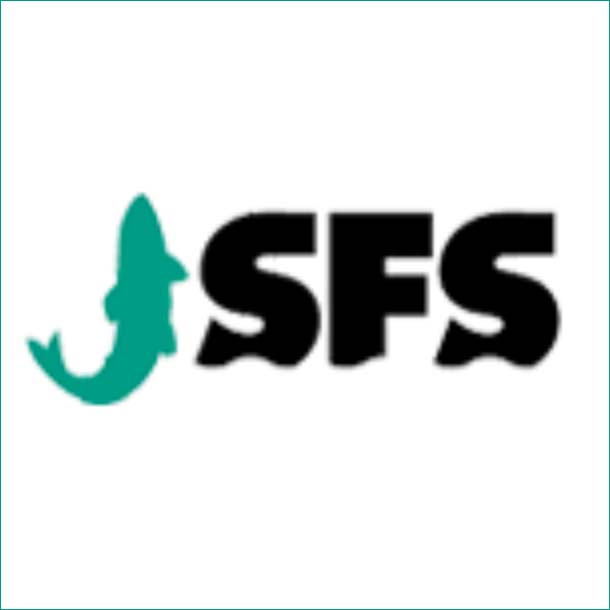
The Japanese Society of Fisheries Science (JSFS) was established in 1932 and is a non-profit registered charity, dedicated to the promotion of all aspects of fisheries science. The society fulfills its global commitment by promoting this science, striving to achieve sustainable development while recognizing crucial need of preserving the natural aquatic resources. It also strives to forego relationships with the industry comprising both capture and culture fishery, the fishing environment, and the concerned trade. It strives to future promote its activities and to realize funds for collaboration with national and international societies. In view of the global commitments, the society became one of the first members in the recently established World Council of Fisheries Societies.

The Korean Society of Fisheries and Aquatic Sciences aims to provide people from Korea and other organizations who are interested in fisheries and aquatic science with opportunities to meet each other, to provide an active exchange of information, to contribute to education, research, and industrial growth related to fisheries science by building a system for joint research and collaboration, and ultimately to pursue the public good and promote the mutual interests of the members.
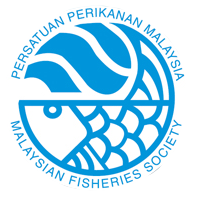
The Malaysian Fisheries Society is a professional society which was officially registered in 1987. The objectives of the Society are to advance knowledge on all aspects of fisheries and related activities with particular reference to Malaysia and the neighboring region so as to foster rational development and management of aquaculture, capture fisheries, and related activities for food, recreation, and conservation. The Society does this through organization of meetings, seminars, and forums and through its various publications.
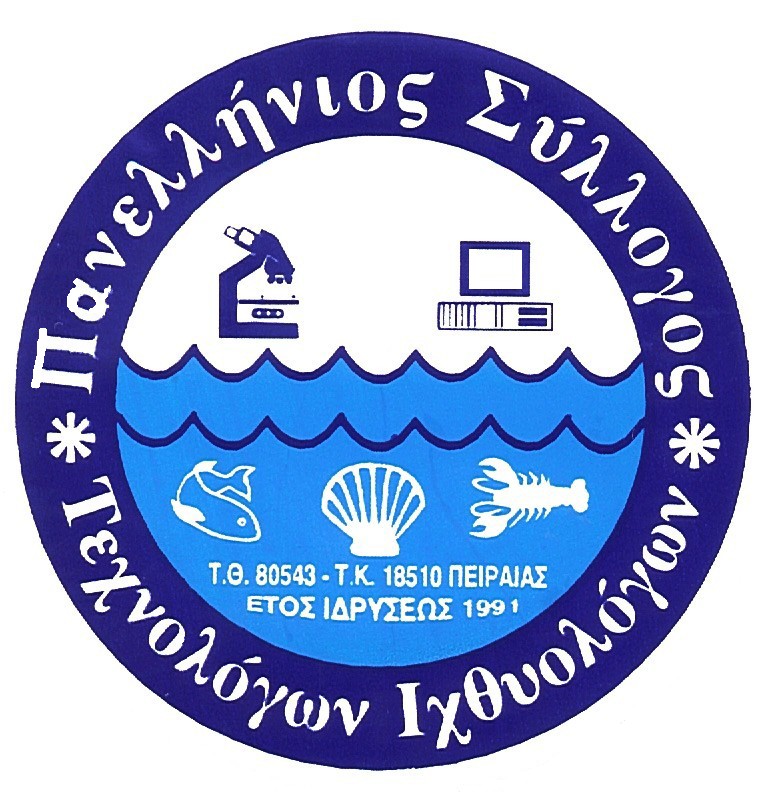
The Pan-Hellenic Society of Technologists Ichthyologists (PASTI) is a Scientific and Professional Society, established in 1991, representing today more than 2,100 graduate Ichthyologists working in Greece and Cyprus. With 60% of them working on their study’s sector after graduation, most of PASTI’s members work as scientific personnel in aquaculture (75%), followed by a significant percentage working on public administration (15%), and research (10%). The Society has the dual role of Workers’ Union, dealing with working conditions, wages, and Health & Safety issues for those working mainly on private sector, and Scientific Societies, aiming on continuous education and training of its members, with special workshops, congresses, and training courses for the dissemination of latest R&D results.
PASTI’s main target for the dissemination of scientific information was initially achieved through the former AquaMedit International Congresses (5 from 2002 to 2010). These evolved from 2014 to the well established HydroMediT International Congresses on Applied Ichthyology, Oceanography, and Aquatic Environment (https://hydromedit.gr), organized every 2 years in close collaboration with the Greek Universities of Thessaly, Patras, and Aegean (all of them having Departments on different disciplines of Ichthyology). The proceedings of PASTI’s Congresses are accessed online for free, contributing to their effort for wide dissemination of the latest scientific information and innovations, for their fast implementation.
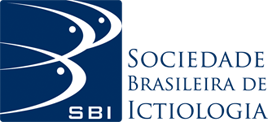
The main goals of the Sociedade Brasileira de Ictiologia (Brazilian Society of Ichthyology) (SBI) are:
- to bring together people interested in the development of Ichthyology, advocated by the legitimate rights of members;
- to promote, encourage and support studies on the Brazilian fish fauna in the areas of teaching, research and extension;
- to ensure the conservation and use of the fish fauna of Brazil;
- to facilitate and increase the exchange of information among its members;
- to represent the community of Brazilian ichthyologists at national and international levels;
- to promote and conduct meetings, conferences and courses in regional, national and/or international scopes;
- to assist and advise the government or private entities concerning the development of studies on fish in its various areas;
- to disseminate the results of scientific and technical work in the area of ichthyology; and
- to establish agreements and promote exchange with similar societies throughout the world, aiming the development of Ichthyology.

The Society of Canadian Aquatic Sciences / Société Canadienne des Sciences Aquatiques (SCAS/SCSA) is to offer an impartial, diverse, and inclusive forum to share, integrate, and advance knowledge of fisheries, limnology, and aquatic sciences in Canada. Their specific goals include:
- Promoting holistic and impactful research for the advancement of aquatic sciences in Canada;
- Creating awareness of aquatic ecosystems and their science-based management and conservation in Canada;
- Supporting the engagement and contributions of students and early-career researchers to advancing aquatic sciences;
- Facilitating communication and networking among members of the Society in all sectors by coordinating at least one inclusive national conference each year;
- Fostering a welcoming environment and strengthen the aquatic sciences community through greater equity, diversity and inclusion, and work to eliminate systemic barriers and mitigate biases that impedes career advancements and integration into Canada’s aquatic sciences community;
- Enabling and strengthening equitable relationships with rights holders and stakeholders that respect and value different ways of knowing, doing, and being.
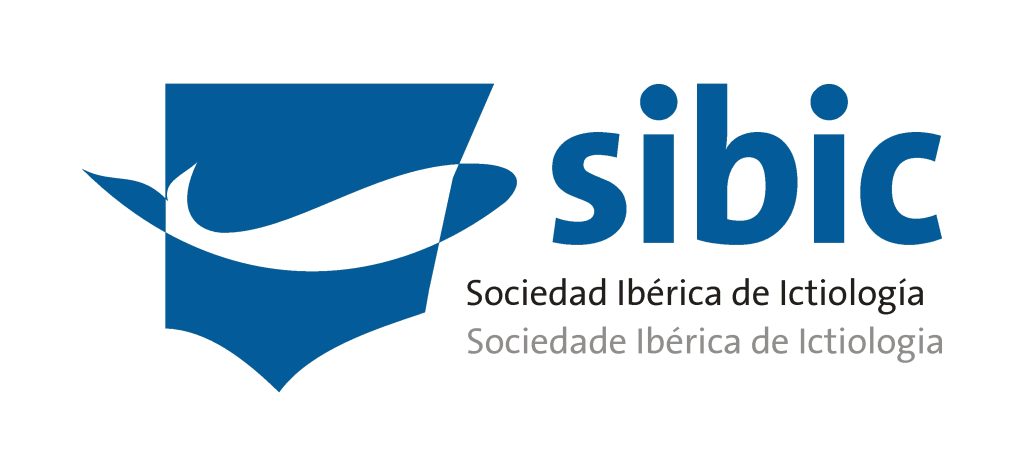
Created in 2010, the Sociedad Ibérica de Ictiología (SIBIC) aims to promote all aspects related to fish, freshwater or marine, and to their habitats in Portugal and Spain. Thus, its objectives are to bring together individuals and entities to increase the knowledge on fish biology, physiology, ecology and evolution, promote species conservation and habitat management and protection, and raise awareness in specialized forums, among stakeholders and decision makers and in the civil society at large. Together with a major focus on science and conservation, SIBIC considers the valuable resource fish can be as protein source, with high economical and cultural value in the Iberian space. As part of its activities, SIBIC organizes the biennial Iberian Congress of Ichthyology, awards traveling grants for young members to attend conferences or carry out research stays, provides scientific advice to regional and national authorities, and manages relevant projects on the characterization and protection of native fish fauna and awareness and control of invasive species.

